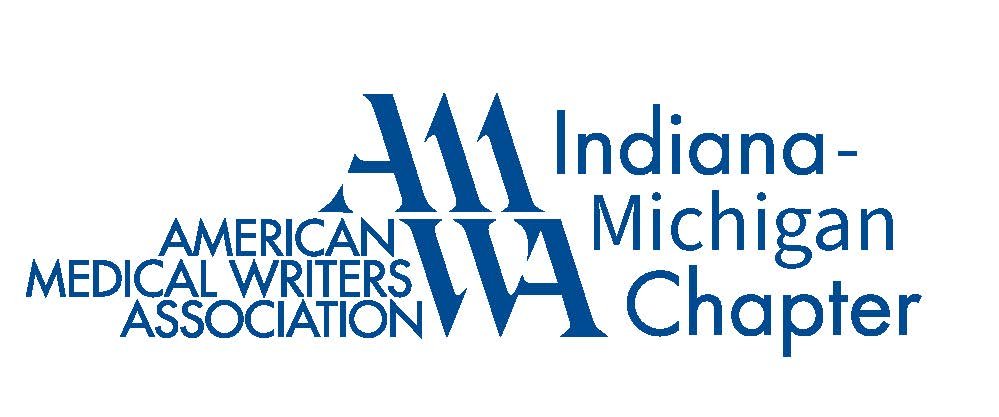Renewal in San Antonio
Attending the Annual AMWA Conference in San Antonio was a rejuvenating experience. I find this time of year to be stressful with deadlines and family obligations, so it is easy for me to feel burned out every day as I turn on my computer. The events and the AMWA members I met in San Antonio, however, reminded me of why we give our best every day: to help others.
The conference kicked off with an inspiring keynote by Jay Ingram, a Canadian broadcaster who was host of the Daily Planet on Discover Channel Canada from 1995-2011. He talked about how vital and important it is for medical and scientific communicators to be able to express abstract concepts in a clear and precise way. For example, a study conducted found that only ten percent of Americans can read a scientific article in the New York Times and understand it. Medical and scientific literacy is key to finding success in all sorts of medical fields and debates from determining the ethics of stem cell research to determining the significance of global climate change.
Beyond the fantastic open sessions, and workshops, I enjoyed meeting new AMWA members and interacting with the board members from other chapters. The national headquarters staff is fantastic and they are all working on new ways to deliver educational opportunities to AMWA members that better suit our hectic lives.
One of the reasons I joined AMWA is because every member I met was so welcoming and helpful to me as I had questions about the profession or needed advice. I have been involved with other groups throughout my life, but I cannot think of another one that rivals AMWA in terms of the openness of the members and their willingness to help. I hope you will find that as well, and I hope to see you all at events that we have planned throughout the year.
